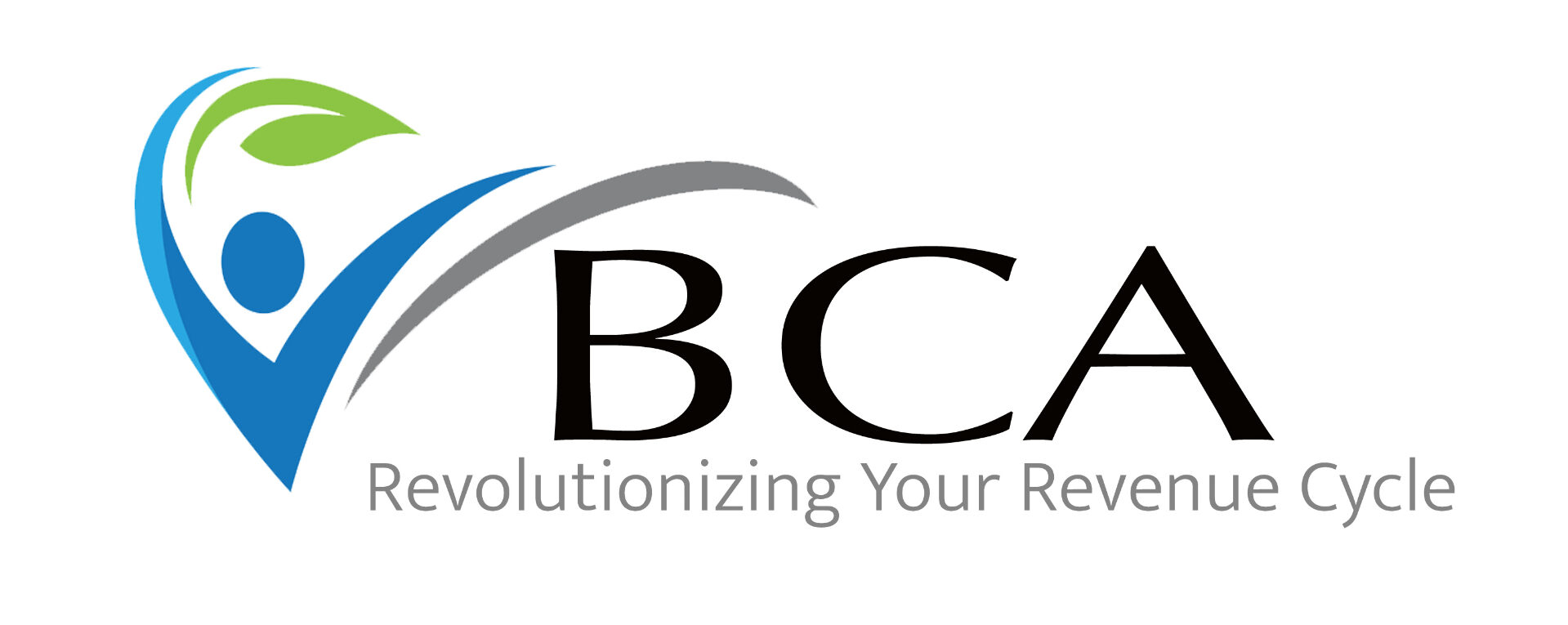At BCA, we recognize the intricate challenges that medical providers confront in the realm of coding and documentation compliance. Healthcare compliance audits are not just routine checks; they are essential evaluations that ensure healthcare organizations maintain adherence to the complex web of legal, regulatory, and industry standards that govern them. The ever-evolving landscape of federal and state laws, coupled with industry-specific standards, demands a vigilant and informed approach to compliance.
Our team at BCA is committed to supporting providers in navigating these challenges, providing them with the necessary tools and resources to stay compliant while focusing on their primary mission of patient care. We understand that for healthcare professionals, managing the intricacies of compliance can be as demanding as the practice of medicine itself. With BCA’s expertise, medical providers can rest assured that they are meeting all necessary compliance requirements, allowing them to dedicate their time and efforts to what matters most – delivering quality healthcare.
Common Challenges
- Understanding E&M Guidelines: Providers may lack current knowledge or training on how to apply the latest Evaluation and Management (E&M) coding guidelines, which can lead to incorrect billing and potential compliance issues.
- EMR Diagnosis Accuracy: Electronic Medical Records (EMR) systems may contain inaccurate or misleading diagnosis descriptions, which can compromise patient care and lead to billing errors.
- Balancing Competing Priorities: Healthcare providers often face the challenge of managing multiple priorities, from patient care to administrative tasks, which can impact efficiency and focus.
- Performance Metrics: Establishing and maintaining relevant performance metrics is crucial for providers to monitor and improve the quality of care, as well as to meet regulatory requirements.
- Risk Revalidation: Regular risk revalidation processes are essential to ensure that providers are adequately managing potential risks associated with patient care and healthcare operations.
- Navigating Value-Based Reimbursement: Transitioning to value-based reimbursement models requires a deep understanding of the metrics and strategies that drive quality care and cost efficiency.
- Continual Education and Training: Ongoing education and training for providers on these issues are vital for adapting to the evolving healthcare landscape and ensuring the highest standards of patient care.
Compliance Audits
- Ensuring Legal and Regulatory Adherence: Medical compliance audits are vital to ensure legal and regulatory requirements are met, thereby avoiding potential legal penalties.
- Quality of Care: Audits help maintain high standards of patient care by identifying areas of non-compliance and enabling healthcare providers to take corrective actions.
- Fraud and Abuse Prevention: Through regular compliance audits, organizations can prevent fraud and abuse, which is crucial for maintaining trust and integrity in healthcare services.
- Financial Health: Compliance audits can safeguard against financial risks by ensuring that billing and coding practices comply with current laws and regulations, which is essential for the financial sustainability of an organization.
- Performance Improvement: Regular audits provide an opportunity for continuous improvement in healthcare delivery and patient outcomes by identifying performance gaps and areas for enhancement.
- Resource Optimization: Audits can help optimize the use of resources by ensuring that services are appropriately utilized and documented.
BCA Compliance Audits Target Areas
- Documentation Review
- CPT, HCPCS, and ICD-10-CM Code Evaluation
- Service and Diagnosis Capture
- Medical Necessity Validation
- Documentation Specificity
- Trend Analysis
- Authentication Timeliness
- Claims Review
- NCCI Edits Application
